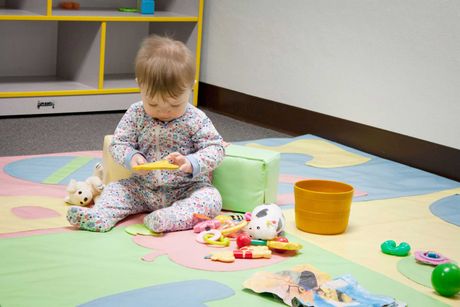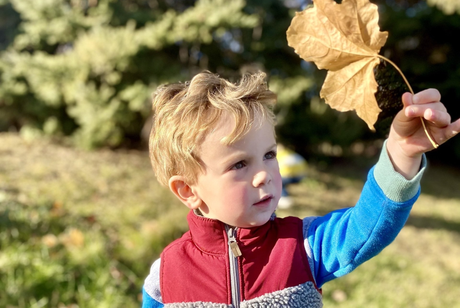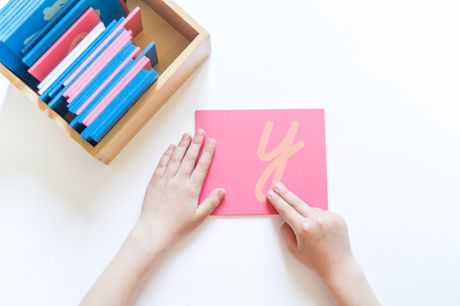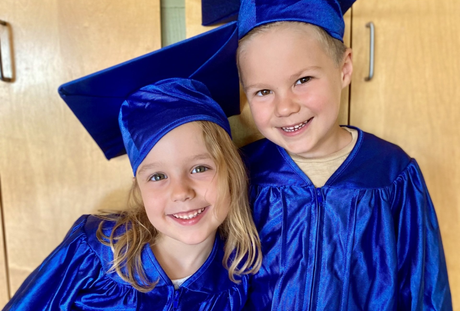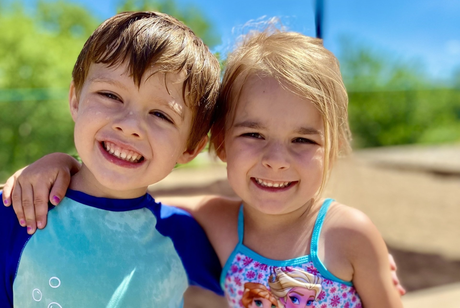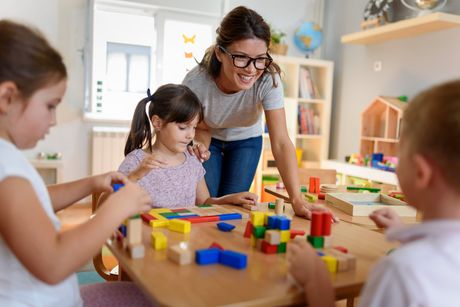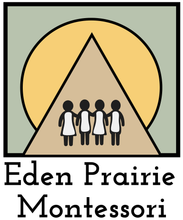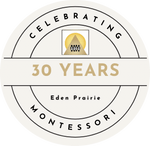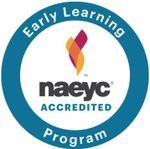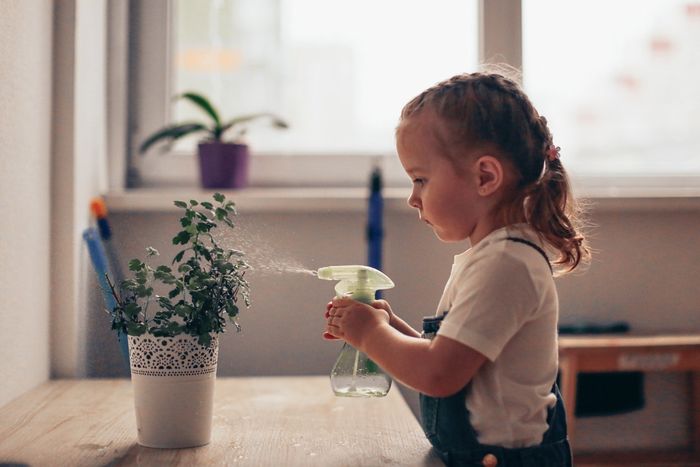
Personalized Learning: Nurturing Individual Potential
At Eden Prairie Montessori, we believe that every child is unique and deserves a learning experience tailored to their individual needs and interests. Our Montessori approach emphasizes personalized learning, allowing children to progress at their own pace and explore their passions.
The Benefits of Personalized Learning
- Enhanced Motivation: When children are engaged in activities that interest them, they are more motivated to learn.
- Deeper Understanding: Personalized learning allows children to delve deeper into subjects they find fascinating.
- Increased Self-Confidence: As children experience success, they develop a strong sense of self-worth and confidence.
Maintaining Constant Focus On Our Mission
Through the Montessori philosophy, we are committed to providing quality education and care for young children, preparing them to become responsible, respectful, and independent individuals with a passion for life-long learning. We use our mission as a driving factor for success in all that we do. We consider every child, their needs, their progress, and their success to create an attentive, personally tailored learning experience for all our students.
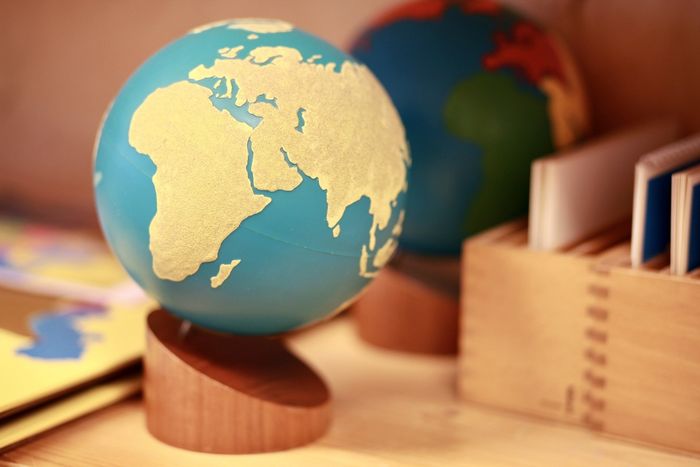
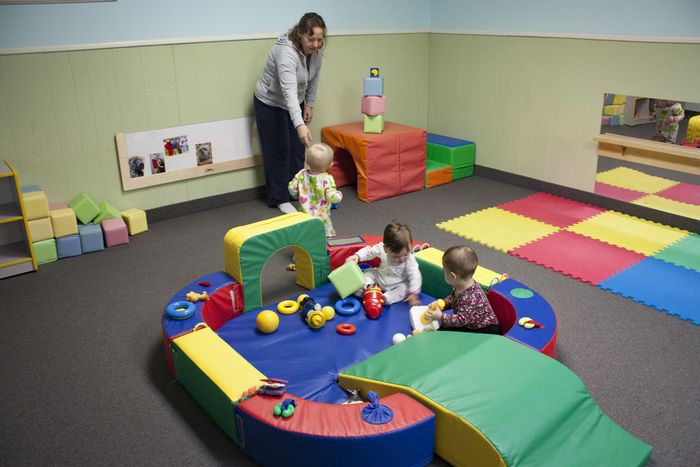
Experience Makes the Difference at
Eden Prairie Montessori
At Eden Prairie Montessori, we believe that exceptional education begins with exceptional teachers. What sets our program apart ? Our dedicated lead teachers have all been with us for over 5 years — creating a stable, nurturing environment where your child can truly thrive.
Our Teachers: The Heart of Our School
- Unmatched Experience: Our lead teachers bring years of specialized Montessori training and classroom expertise to your child's educational journey.
- Genuine Compassion: Our teachers don't just teach—they connect. They understand each child's unique personality, learning style, and needs, fostering an environment where every student feels valued and understood.
- Deep Knowledge: Beyond certification, our teachers possess a profound understanding of Montessori philosophy and child development. They know exactly when to guide and when to step back, allowing your child's natural curiosity to flourish.
- Lasting Relationships: With our exceptional teacher retention, your child builds meaningful connections that support their growth year after year. Many of our families tell us their children still ask about their teachers long after graduating from our program.
Join Our Community
Visit Eden Prairie Montessori to meet our extraordinary teaching team in person. See firsthand how their experience, compassion, and knowledge create the perfect foundation for your child's education and development."A child's most crucial developmental years deserve nothing less than the guidance of experienced, passionate educators who truly understand the Montessori approach. That's exactly what we provide at Eden Prairie Montessori."
Step-by-Step Growth and Trackable Progress
Each student is encouraged to progress at his or her own pace. This allows every child to master skills by working both individually and with their peers in small groups. By using materials and activities that are appropriate in terms of progress and abilities, your child will master their skills through repetition and recognition of their own mistakes.
A Foundation for Future Success
Our Montessori approach focuses on developing the whole child, including cognitive, social, emotional, and physical skills.
- Cognitive Development: Children are encouraged to explore, experiment, and discover through hands-on activities.
- Social-Emotional Development: Children learn to interact with others respectfully and cooperatively.
- Language Development: Children are exposed to a rich language environment, fostering literacy skills.
- Mathematical Development: Children develop a strong foundation in mathematics through practical, hands-on activities.
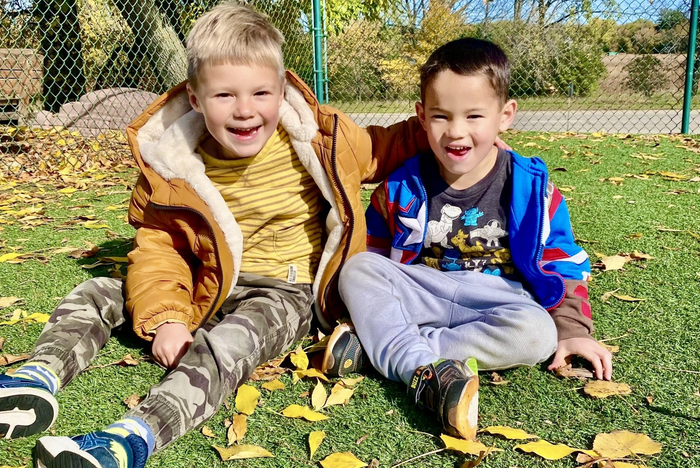
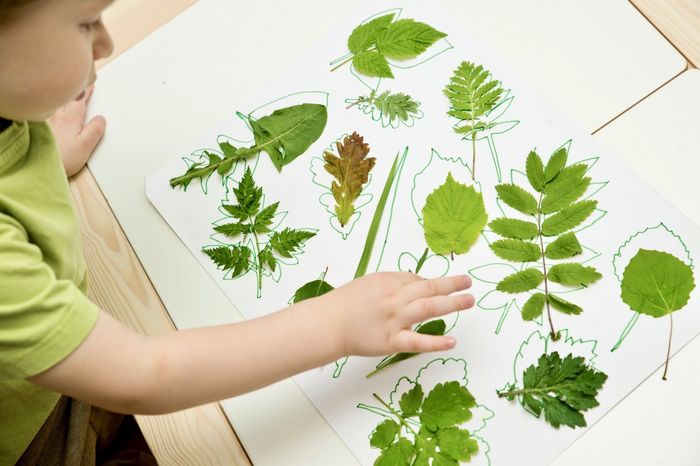
Our Team
Our staff has been providing quality Montessori instruction to the Eden Prairie community for over 30 years. Each member of the team is fully trained and credentialed to guide the growth and development of your children. We believe that by surrounding our students with highly qualified, specially trained professionals, each will reach his or her full potential from a cognitive, social, emotional, and physical perspective.
Each of our lead teachers must complete Montessori Certification under a credible Montessori training program that is recognized by the Department of Human Services, in addition to their teacher qualifications. Each staff member is also trained in CPR and First Aid, keeping your child safe at all times. Through ongoing training, we’re constantly improving our ability to care for and guide our students.
Montessori Difference
Unlike traditional teaching methods, the Montessori method gives children more independence to learn at their own pace and be active in their own knowledge-gathering. Children who learn through this method are shown to be more independent and inspired, often eclipsing students who go the more traditional route.
A Safe and Nurturing Space
Our classrooms are designed to be safe, welcoming, and conducive to learning.
- Child-Centered Approach: Children are at the center of the learning process, and activities are tailored to their individual needs and interests.
- Positive Reinforcement: Teachers provide positive reinforcement to encourage children's efforts and accomplishments.
- Respectful Interactions: Children learn to respect themselves and others through positive social interactions.
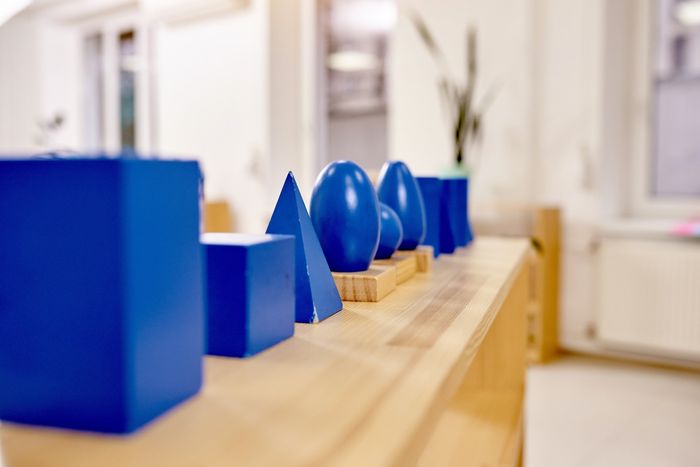
Infant (Nido)
It’s never too young to start learning! Our Infant program, nicknamed “Nido” (nest in Italian) helps infants from 6 weeks to 16 months to absorb positivity and knowledge as well as improve their motor skills.
Toddler 16m - 3 years
Our toddler programs are flexible and give students the ability to have freedom of choice while learning not just book knowledge, but the proper way to socially interact with their peers and teachers.
Kindergarten
Our all-day kindergarten program allows children to learn advanced skills that prepare them from a multi-dimensional perspective for the years of education they have ahead.
Summer
With the ability to take advantage of the great weather for outdoor learning and field trips, our summer programs are a great way to have your child learn and have fun at the same time.
FREQUENTLY ASKED QUESTIONS
What makes Montessori different from traditional education?
Montessori education differs from traditional approaches in several fundamental ways. Rather than a teacher-centered classroom where all children learn the same material at the same pace, our Montessori environments are student-centered. Children work at their own pace, follow their interests, and learn through hands-on exploration with scientifically designed materials. Teachers serve as guides who observe each child's development and introduce new concepts when the child shows readiness, rather than according to a standardized timeline.
How will my child learn to follow directions if they're given so much freedom?
At Eden Prairie Montessori, we practice "freedom within limits." Children have the freedom to choose their work, but this comes with clear expectations and responsibilities. Children learn to follow directions through initial lessons on materials, through classroom ground rules, and through the modeling of respectful behavior. The goal is to develop internal discipline rather than simply responding to external authority.
If children are free to choose their activities, will they only choose what's easy or fun?
We find that children are naturally drawn to challenging work that engages them at their developmental level. Our Montessori guides are trained to observe each child carefully and present materials that provide the right level of challenge—not so difficult as to frustrate, but challenging enough to engage and stimulate growth. The intrinsic satisfaction that comes from mastering a new skill is far more motivating than external rewards.
How do you handle academics? Will my child learn the same things they would in a traditional school?
Your child will learn all the traditional academic subjects—often at a deeper level and with greater understanding. The difference is in how they learn. Rather than memorizing abstract facts, children in our Montessori classrooms discover concepts through concrete experiences. For example, before working with mathematical symbols, children develop a sensorial understanding of quantity through hands-on materials. This leads to deeper comprehension and retention of academic content.
What is a "prepared environment"?
The prepared environment is a cornerstone of Montessori education. Our classrooms are thoughtfully designed with beautiful, developmentally appropriate materials arranged on accessible shelves. The environment is orderly, calm, and inviting, allowing children to independently choose materials that call to their interests and developmental needs. Everything in the classroom—from child-sized furniture to specific Montessori materials—serves the child's development and fosters independence.
Why do you have mixed-age classrooms?
Our classrooms typically span a three-year age range, creating a mini-society where children learn from and teach one another. Younger children are inspired by watching older peers, while older children reinforce their knowledge by helping younger classmates. This arrangement allows for continuous learning without artificial ceilings, promotes leadership skills, and mirrors real-world social structures where we interact with people of various ages.
What is the role of the Montessori teacher?
In Montessori education, teachers are more accurately called "guides" because their primary role is to connect children with appropriate activities and materials rather than to lecture or direct all learning. Our Montessori-certified guides are trained observers who recognize each child's interests, abilities, and readiness for new challenges. They provide brief, clear lessons on materials, model appropriate behavior, and then step back to allow children to explore and discover. Rather than being the center of attention, the guide is a facilitator of the child's self-directed learning.
What are Montessori materials and how do they work?
Montessori materials are scientifically designed tools for learning that isolate specific concepts and incorporate control of error (allowing children to recognize and correct their own mistakes). Materials progress from simple to complex and concrete to abstract. For example, in mathematics, children begin with concrete materials that let them physically experience quantities before moving to symbolic representations of numbers. Each material has a specific purpose and prepares the child either directly or indirectly for future learning.
Can you describe a typical day for the children at Eden Prairie Montessori?
While each program level has its own schedule, most days include:
• A three-hour uninterrupted work period where children choose and concentrate on activities
• Group gatherings for community building, music, or stories
• Outdoor time for physical development and nature connection
• Lunch and snack times that emphasize independence and community
• Specialized activities such as art, music, and spanish
The day is designed to balance individual choice with community participation, active engagement with reflection, and focused work with relaxation.
How do you handle discipline at Eden Prairie Montessori?
At Eden Prairie Montessori, we approach discipline as an opportunity to teach rather than punish. When behavioral issues arise, we help children understand the impact of their actions, develop problem-solving skills, and make amends when necessary. Our emphasis on grace and courtesy from the earliest ages creates a culture of respect that prevents many discipline issues. By giving children appropriate levels of freedom and responsibility, we help them develop self-discipline—the ability to regulate their own behavior rather than relying on external control.
How do you assess progress without traditional tests and grades?
Assessment in our Montessori classrooms is continuous and comprehensive. Our guides maintain detailed records of each child's work and development through careful observation and documentation. Rather than comparing children to one another or to standardized benchmarks, we track individual progress across all areas of development—academic, social, emotional, and physical. Parents receive detailed narrative reports and participate in conferences where we discuss their child's specific growth, challenges, and next steps.
What about socialization?
Montessori education offers rich opportunities for meaningful socialization. In multi-age classrooms, children develop deep relationships with peers and learn to collaborate with children of different ages and abilities. Group work, community meetings, and conflict resolution practices help children develop strong social skills. Because children are free to move and communicate appropriately during work time (rather than being required to sit silently at desks), they learn authentic social skills that serve them throughout life.
How will my child transition to traditional education after Montessori?
Children who have attended Montessori schools typically transition successfully to other educational environments. The skills they develop—independence, time management, intrinsic motivation, and intellectual curiosity—serve them well wherever they go. Academically, Montessori children often enter traditional schools with strong skills, particularly in areas like reading comprehension, mathematical understanding, and critical thinking. While they may need some adjustment to different expectations, most adapt quickly and often emerge as leaders in their new environments.
Is Montessori only for certain types of children?
Montessori education is designed to meet children where they are and support their individual development, making it suitable for many different types of learners. The self-paced nature of the curriculum, hands-on materials, and personalized approach benefit children with diverse learning styles and needs. Both children who need additional challenge and those who benefit from more time with foundational concepts thrive in our environment because the approach is inherently differentiated.
What is the parent's role in Montessori education?
Parents are essential partners in their child's Montessori education. We encourage consistency between home and school by sharing Montessori principles that can be applied at home—such as fostering independence, providing order in the environment, and following the child's lead. We offer parent education events, classroom observations, and resources to help parents understand and support their child's developmental journey. Open communication between parents and guides ensures that we work together to support each child's unique path.
How can I reinforce Montessori principles at home?
You can support your child's Montessori experience by:
• Creating a child-friendly home environment with accessible materials
• Including your child in meaningful household activities like cooking and cleaning
• Providing simple, beautiful toys and activities rather than overstimulating options
• Allowing time for independent play and concentration
• Modeling respect and using positive communication
• Limiting screen time in favor of creative, hands-on activities
• Establishing consistent routines and clear expectations
We provide specific guidance for implementing these principles in ways that work for your family.

